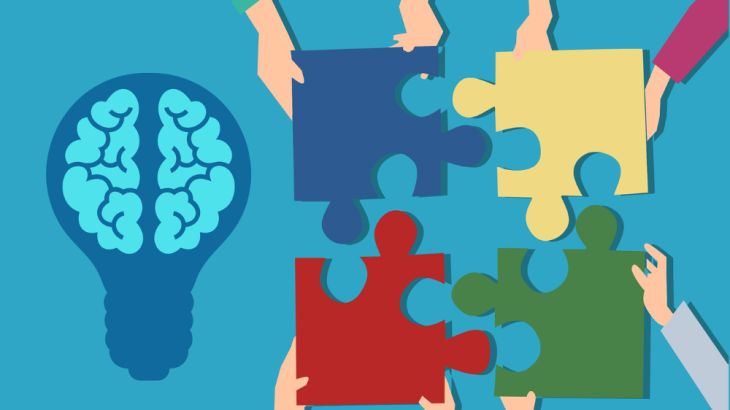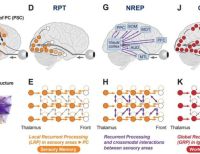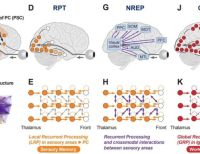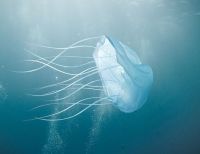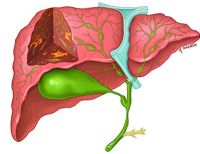Three Research Excellence and Innovation in Global Health (RELIGHT) projects were awarded funding for the 2022-2024 period. After one year, the three groups have provided a report outlining activities and progress.
Building and evaluating “digital AMR literacy” to combat AMR, led by Arunima Sehgal Mukherjee (UiO)
This project aims to develop antibiotic resistance (ABR) related health literacy capabilities through: i) understanding people’ daily activities and social interactions where ideas and information about health and healthcare are socially exchanged; ii) this understanding helps in co-producing and implementing health literacy interventions; and iii) by analyzing how social and structural conditions act as enablers and barriers to the identification of health literacy needs, their development and adoption as integrated with peoples’ everyday social practices.
In 2022, the project retained ethics approval from Norway and India and identified the empirical sites in India based on health needs, vulnerabilities of the population and associated risk factors to ABR. The two contracting sites have been selected to understand the implications of practices (in rural and urban areas) on ABR. In-depth interviews have been completed and the design, field testing and finalization of the data collection tool for the first phase needs assessment. Phase two will begin in 2023 and consist of data analysis and co-production of ABR health literacy.
Innovation and partnership in pandemic response, led by Katerini Storeng (UiO)
The Innovation and Partnership in Pandemic Response project funding was awarded to a group led by Katerini T. Storeng, Centre for Development and the Environment (SUM), and involving Christoph Gradmann, Faculty of Medicine, and Inger Berg Ørstavik, Faculty of Law. Since being awarded with the funding, Katerini T. Storeng and the Global Health Politics group at SUM have used this support to continue strengthening its capacity and position in global health politics and pandemic preparedness and response. RELIGHT funds have mostly contributed to salary support to develop joint projects, as well as other activities.
In 2022, Inger Berg Ørstavik supervised a summer student project financed by UiO:Life Science focused on compulsory licensing and EU law, and they are co-writing an article on negotiation mechanisms in relation to vaccine procurement. Since her unit has just received funding for a centre for EEA legal research, she will be obliged to focus more on this part of her research going forward. Project partner Christoph Gradmann is focusing on his research on antibiotic resistance. The whole project team will meet in 2023 to consider areas of convergence for the upcoming year.
In addition to major efforts with outreach, networking, and supervision, the research group has used its funds to support staff to develop proposals submitted to NordForsk, the European Research Council, and the Research Council of Norway. In fact, the research group has secured “Strategic solidarity: Scandinavian countries’ COVID-19 vaccine diplomacy (SCANVAX)”: This project will study the interplay between international solidarity and vaccine nationalism in Scandinavia and specifically examine whether the concept of “strategic solidarity” can help to understand vaccine policy in Norway, Sweden, and Denmark, as well as differences between their approaches. Led by Katerini T. Storeng, in collaboration with the Danish Institute for International Studies (DIIS) and Lund University and submitted in June 2022 to NordForsk’s call “Societal Security Beyond COVID-19”. Funding was granted November 2022 and the project will start June 2023. More about this granted proposal can be found here.
Assessment of psychosocial, neurocognitive, and ophthalmic problems in survivors of a methanol poisoning outbreak in Tehran, Iran, led by Knut Erik Hovda (OUS)
Due to the unrest in Iran in the recent months, the project has been postponed and start-up will begin in 2023.
